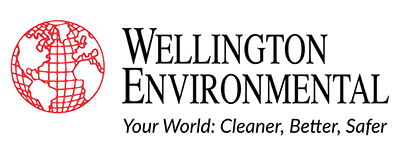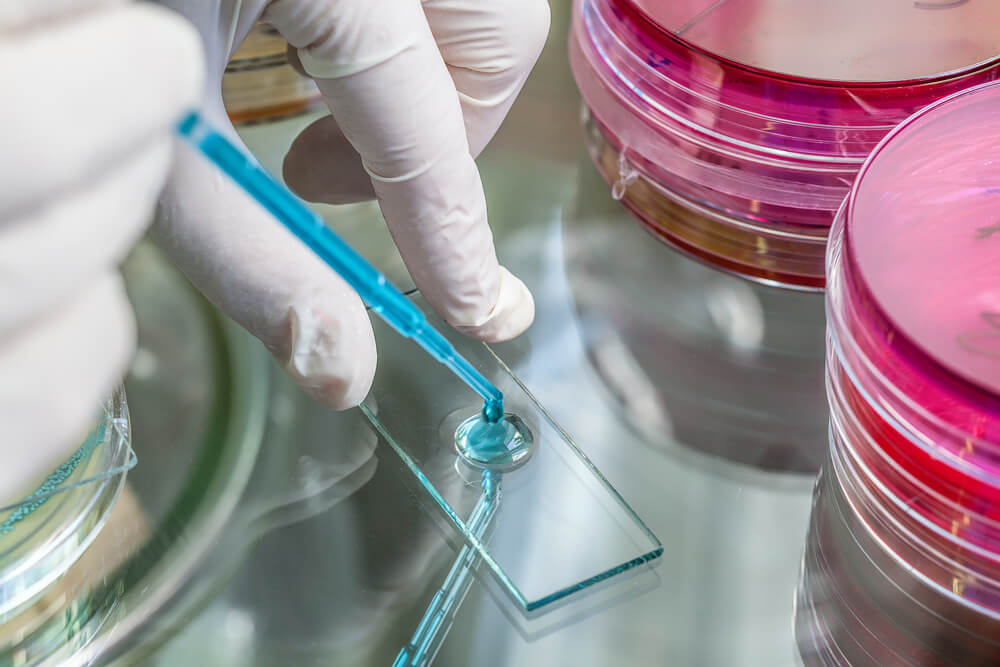Legionella is a bacteria that thrives in water systems and can cause severe health issues, including Legionnaires’ disease. This illness, which affects the lungs, can be fatal, particularly for vulnerable populations.
This blog emphasizes the need for regular water sampling to prevent such occurrences. We’ll discuss Legionella prevention, the importance of routine water sampling, and methods for waterborne bacteria detection.
Understanding Legionella and Its Risks
Legionella bacteria live in freshwater but become hazardous in manufactured water systems like cooling towers and plumbing. They spread through aerosols, causing Legionnaires’ disease when inhaled, which manifests as a severe form of pneumonia.
Symptoms include cough, shortness of breath, high fever, muscle aches, and headaches. The elderly, individuals with weakened immune systems, and those with chronic lung diseases are at higher risk of contracting this disease. Ensuring safety means understanding and mitigating these risks effectively.
Effective Methods for Legionella Prevention
Preventing Legionella growth in water systems requires a multi-faceted approach:
- Maintain Appropriate Water Temperatures: Keep hot water above 140°F and cold water below 68°F.
- Use Biocides: Chemicals that kill or inhibit bacterial growth.
- Regular System Maintenance: Routine checks and cleaning can prevent bacterial buildup.
- Disinfection: Regularly disinfect water systems to kill any existing bacteria.
These preventive measures are critical to maintaining safe water systems in large buildings.
Methods for Waterborne Bacteria Detection
Detecting waterborne bacteria like Legionella involves several techniques:
- Culture Methods: Traditional method where water samples are cultured in a lab to identify Legionella.
- PCR (Polymerase Chain Reaction): DNA-based method that detects the presence of Legionella bacteria quickly and accurately.
- Rapid Testing Kits: Portable kits that offer quick results, useful for on-site testing.
Documenting and responding to sampling results is just as important as the detection itself. Consistent monitoring helps ensure ongoing Legionella prevention.
Stay Safe with Regular Water Sampling
Facility managers, building owners, and healthcare administrators aim to ensure a safe environment for everyone. Understanding the risks associated with Legionella, emphasizing Legionella prevention, and the necessity of routine water sampling are crucial steps in achieving this goal.
It is challenging to manage large-scale water systems without feeling overwhelmed by potential health hazards. Wellington Environmental understands these concerns and offers expert services in Legionella prevention and routine water sampling. Contact us to ensure your water systems are safe and compliant.




